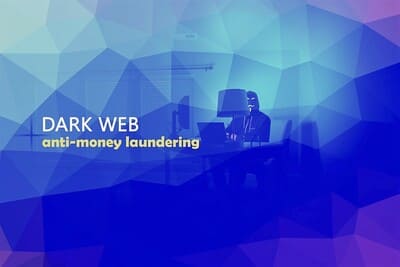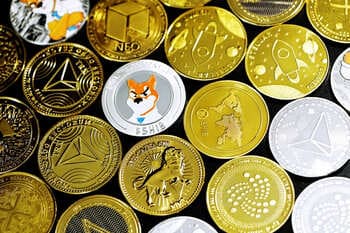In February 2019, another criminal group was arrested in Europe for laundering money through hawala transactions. Based on the
Europol press release, the cooperation between French and Italian police led to the arrest of 19 suspects. Algerian authorities also seized gold for almost the equivalent of €1 million in value. This is one of the many cases where criminal organisations use Hawala transactions to move their cash in different countries.
What is the meaning of the Hawala system today?
Hawala is used in India, Middle East and South Asia and it is an ancient system of transferring money.
Hawala can be defined as a money transfer method, which takes place outside the traditional banking system and requires a minimum of two Hawala dealers (or hawaladars) that take care of the “transaction”.
An individual who wants to transfer money to another country gets in contact with a Hawala dealer (dealer A). He gives him/her the money plus a commission and the information of the beneficiary of the funds.
At this moment, the individual receives a unique code. The dealer contacts (i.e. via phone or fax) a Hawala dealer (dealer B) from the country where he wants to send the money. The dealer B will give the amount of money that the dealer A asked him to give to the designated person, who must reveal his code in order to prove that it is him/her the receiver of the money.
The “Report from the Commission to the European Parliament and to the Council on the assessment of the risks of money laundering and terrorist financing affecting the internal market and relating to cross-border situations” (hereafter "
EU Report") and the accompanying Staff Working Document explain clearly way how Hawala works and give examples of this informal funds transfer (IFT) system.
Hawala dealers: their key role in the system
There is no physical movement of cash. Hawala brokers are the key people in these transactions. The whole system is based on the trust (which is what “Hawala” means) between them. They keep an informal journal to record all their transactions, and they settle their debt in different ways. It is essential to mention that Hawala brokers are neither licensed nor supervised.






Yes
This What are Hawala transactions and how do they work is great blog.
Resourceful article. I have read your article. You have revealed some of my query. It’s actually a great and useful piece of info. I am happy that you just shared this useful info with us. Please stay us informed like this. Thank you for sharing.
I've read your blog it's very helpful to boost a knowledge and make some queries cleared.